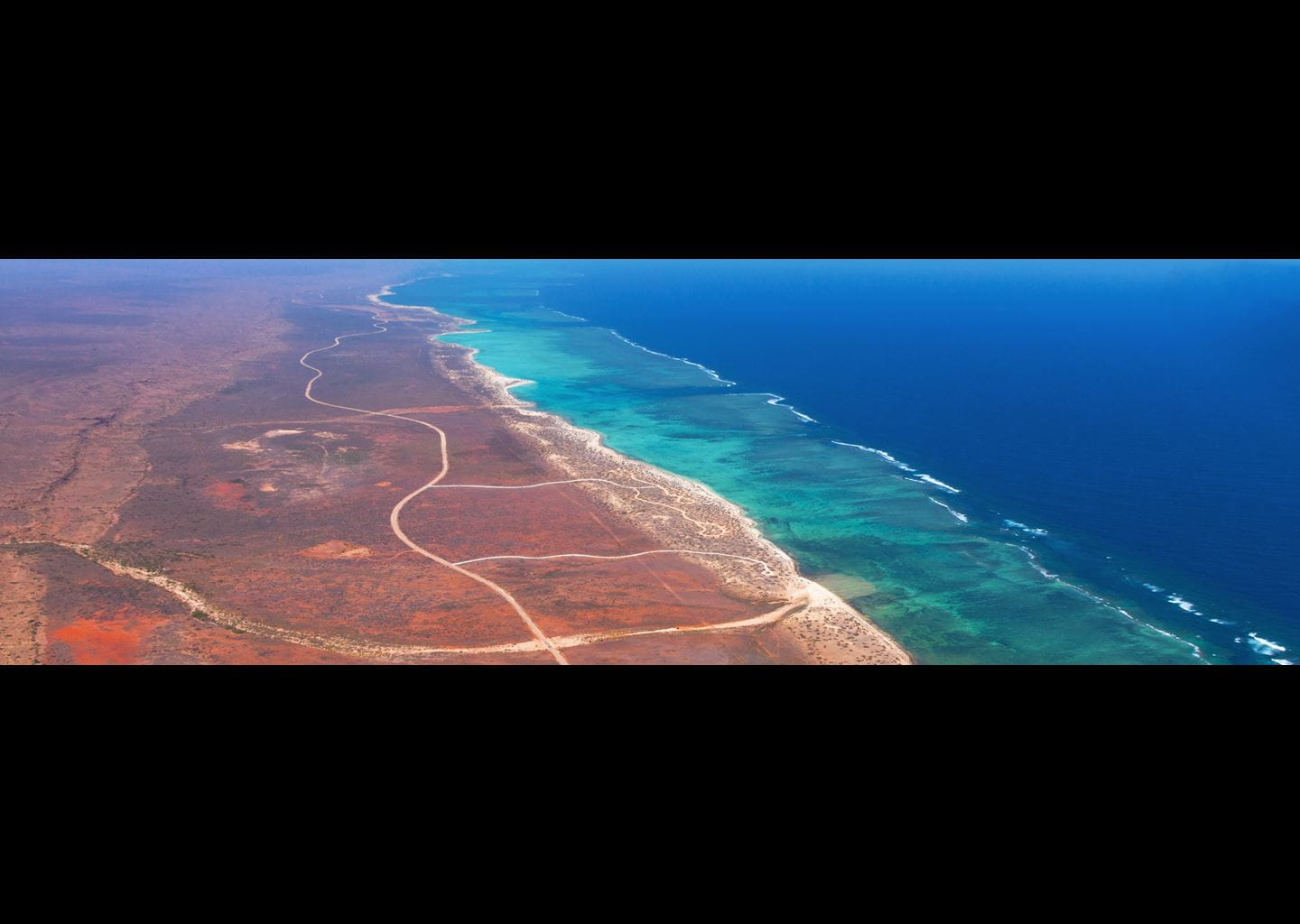Full Court Tipakalippa decision – stakeholder consultation grows teeth
25 July 2023

25 July 2023

Consultation forms a key part of native title, cultural heritage and environment and planning legislation around Australia. Many statutes require governments/proponents to consult stakeholders prior to activities that have the potential to impact their interests in land. However, legislative regimes offer little guidance about the manner and scope of consultation required with First Nations stakeholders, and/or with respect to interests in the sea.
The Full Court of the Federal Court has left no doubt as to the significance of that opportunity, and the importance of doing it properly.
Santos NA Barossa Pty Ltd v Tipakalippa[2022] FCAFC 193 relates to Santos' offshore gas project in the Timor Sea, known as the 'Barossa Project'.
In October 2021, Santos submitted an environmental plan to the National Offshore Petroleum Safety and Environmental Management Authority (NOPSEMA) to permit it to conduct certain drilling activities in the course of the Barossa Project.
Santos was required to consult with any "person or organisation whose functions, interests or activities may be affected" by the Barossa Project (regulation 11A of theOffshore Petroleum and Greenhouse Gas Storage (Environment) Regulations 2009(Cth)).
In March 2022, NOPSEMA approved the drilling activities, satisfied that Santos had carried out all necessary consultations.
米r Tipakalippa is an Elder, senior lawman and Traditional Owner of the Munupi Clan on the Tiwi Islands. He challenged NOPSEMA's decision on the basis that the Munupi Clan and surrounding Traditional Owners had a traditional connection to sea country in the Barossa Project area and should have been consulted under regulation 11A.
The Federal Court at first instance set aside NOPSEMA's decision to accept the environmental plan (Tipakalippa v National Offshore Petroleum Safety and Environmental Management Authority (No 2)[2022] FCA 1121).
Santos appealed the decision to the Full Federal Court, which dismissed the appeal.
It was common ground that the Tiwi Islanders were Traditional Owners of the Tiwi Islands under theAboriginal Land Rights (Northern Territory) Act 1976(Cth). However, there was no legal interest under the Aboriginal Land Rights Act or claim/determination under theNative Title Act 1993(Cth) to the sea country that included the Barossa Project area.
The main question before the Full Court was whether the Tiwi Islanders' "functions, interests or activities" may have been affected by the Barossa Project (and therefore required that they be consulted).
The Full Court said that the phrase "functions, interests or activities" should be assigned a broad meaning in order to give effect to the intention of the Regulations under which the environment management plan was required. As such, "interests" cannot be confined to legal interests and also included "cultural and spiritual interests".
The Full Court held that the Tiwi Islanders were "relevant persons" and should have been consulted by Santos. It said:
Santos described an obligation to consult under regulation 11A with First Nations peoples who have traditional connections to the sea and the marine resources of the Barossa Project area as a task which was “complex, difficult and indeterminate”. It submitted the “sheer magnitude of the classes of persons who might need to be individually consulted would be unworkable”.
The Full Court held that regulation 11A imposed an obligation that must be capable of practicable and reasonable discharge. It described consultation as a “real world” activity with specific purposes. In this context, the purpose is to ensure that Santos had ascertained, understood and addressed all environmental impacts and risks that might have arisen from the proposed activity.
The Full Court saw no difficulty with the proposition that the First Nations peoples who have a traditional connection to the sea country and marine resources of the Barossa Project area are reasonably ascertainable. . However, because the statutory obligation to consult must be reasonably capable of performance, the obligation to consult did not require exhaustive communications with each and every person.
The Full Court was critical of Santos' consultation efforts with the Tiwi Land Council, stating that a "consultation with First Nations groups may not be as simple (or quick) as sending an email with a package of information…and perhaps following up with one further email". Such consultations appear to be superficial or token and "properly notified and conducted meetings" would be a better alternative.
The Full Court said that a titleholder must:
The Full Court emphasised that the consultation obligation must be interpreted in such a way that it is reasonable and practicable. The Court observed that processes developed from Native Title Act requirements were illustrative of how a seemingly rigid statutory obligation to consult persons holding a communal interest may operate in a workable manner.
Following the Full Court's decision, NOPSEMA released a new GuidelineConsultation in the course of preparing an Environment Planunder theOffshore Petroleum and Greenhouse Gas Storage (Environment) Regulations 2009(Cth). The new Guidelines set out how to identify relevant persons to consult and general principles for effective consultation.
The Guideline sets out the below key principles as a starting point for consultation:
This decision will affect expectations as to consultation processes in other statutory contexts. Proponents engaging in consultation with First Nations people should remember that the right to be consulted is a meaningful and significant right. The Full Court's description of what is required for consultation to be "genuine consultation" is a useful guide for any mandatory (or non-mandatory) consultation processes. For a proponent, the effort of getting it right the first time outweighs the difficulties involved in having to have a second attempt.
Authors:Eric Zykov, Lawyer and Clare Lawrence, Partner.




